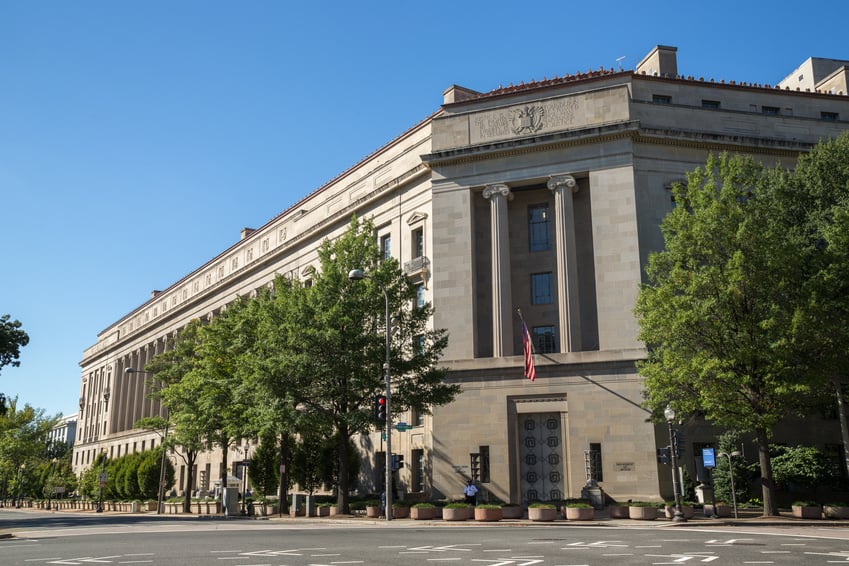As the COVID-19 pandemic stretched across the globe, companies shifted to remote working environments and many reduced staff, all without much of an opportunity to prepare. The past two months have presented a serious threat to data security, including the most vulnerable financial data, personal data of employees and customers, and trade secrets. These risks cut across all sectors — financial services, industrial manufacturers, health care, and professional services. Recent experience confirms that an effective information security strategy should target these most-common threats: phishing, data sprawl, and employee mobility/redundancies.
The Trump Administration has imposed tariffs on nearly $5 billion of US imports of medical products from China, which accounts for roughly 26 percent of all medical products imported from all countries. Facing potential supply shortages, the Administration published an announcement in the Federal Register on March 16, 2020, that…
Demonstrating trade secret misappropriation in a civil case often turns on the IP owner’s ability to show that it has a protectable trade secret. Yet in the criminal context, the US Government has taken the position that it can establish attempted trade secret theft irrespective of such a showing. In…
On October 2, 2019, the World Trade Organization (WTO) issued an arbitration decision in European Communities and Certain Member States – Measures Affecting Trade in Large Civil Aircraft, WT/DS316/ARB. The decision authorizes the United States to impose $7.5 billion in tariffs on EU imports for EU subsidies to Airbus, making…
Increased collaboration and information sharing between U.S. enforcement agencies and with foreign regulators have made companies more vulnerable than ever to an enforcement action that can implicate a number of criminal and civil statutes. Investigations under the U.S. Foreign Corrupt Practices Act often center on a company’s procurement activities and…
Financial institutions are leading the way in adopting new technologies such as machine learning, AI and “big data.” These and other technologies now play an integral role in a range of operations, from portfolio management to fraud prevention, from executing trades to transforming the customer experience. While the potential is…





